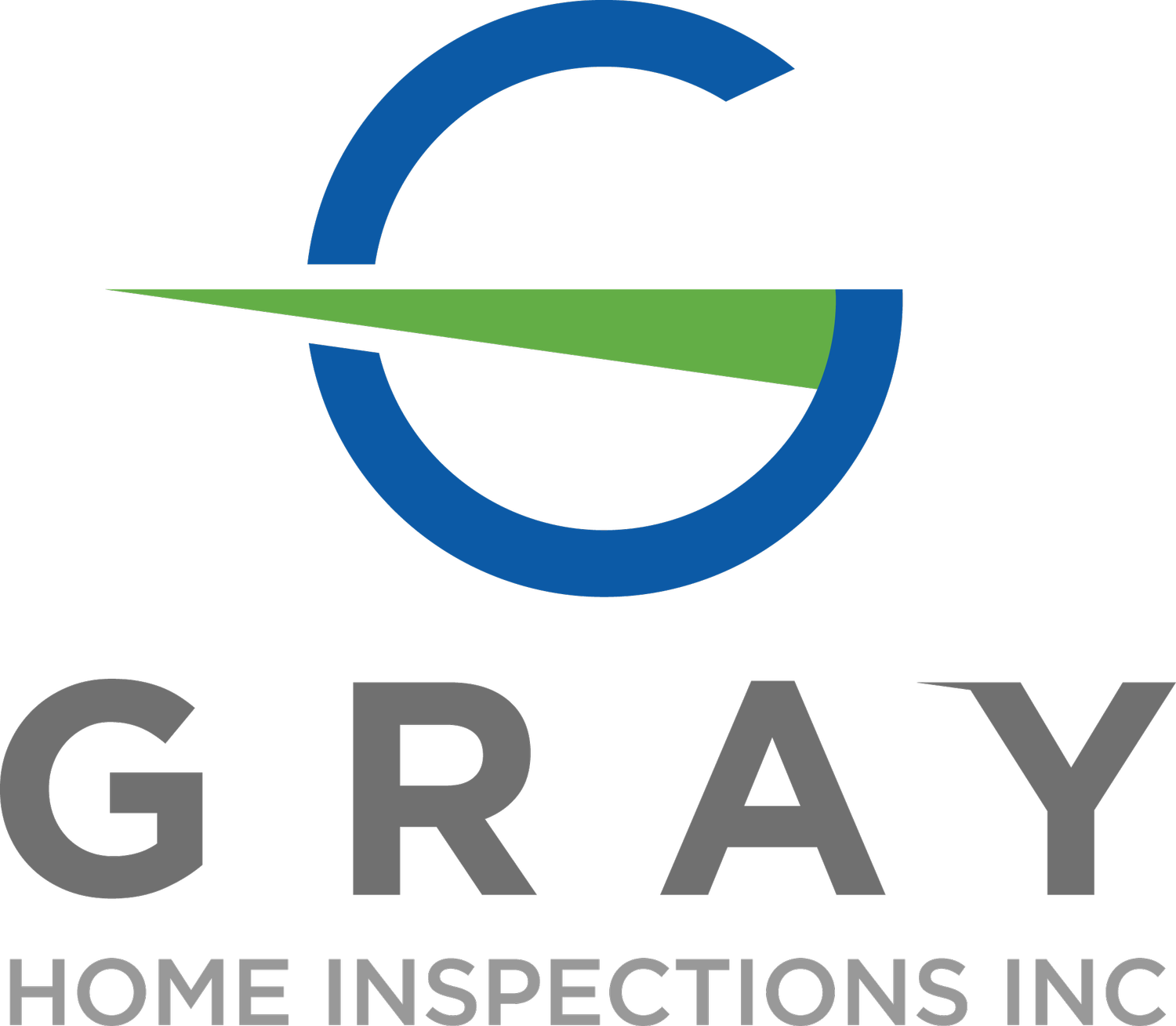Home Inspections: A Guide for First-Time Buyers - Insights from a Property Inspection Company
Purchasing your first home is an exciting milestone, but it also comes with a multitude of responsibilities and decisions. One crucial step in the homebuying process is the home inspection. As a property inspection company, we understand the significance of home inspections for first-time buyers. In this blog, we aim to provide guidance and insights to help first-time buyers navigate the home inspection process with confidence.
- Understand the Purpose of a Home Inspection:
A home inspection is a comprehensive examination of a property's condition conducted by a professional inspector. Its purpose is to identify any existing or potential issues that could impact the safety, functionality, or value of the home. By gaining a thorough understanding of the property's condition, first-time buyers can make informed decisions and negotiate repairs or adjustments if necessary.
- Hire a Qualified and Experienced Home Inspector:
Choosing the right home inspector is essential. Look for a qualified and experienced professional who is licensed, insured, and knowledgeable about local building codes and regulations. Ask for recommendations from trusted sources or consult your real estate agent. A skilled inspector will provide an unbiased assessment of the property, helping you make informed decisions.
- Accompany the Inspector During the Inspection:
Whenever possible, attend the home inspection. Being present during the inspection allows you to ask questions, gain valuable insights about the property, and understand the inspector's findings firsthand. It's an opportunity to learn about the home's systems, maintenance requirements, and potential issues that may need attention.
- Focus on Major Areas of Concern:
While the inspector will examine the entire property, pay extra attention to major areas of concern. These may include the foundation, roof, electrical systems, plumbing, HVAC, and structural components. Understanding the condition of these critical areas is crucial for your decision-making process and potential negotiation with the seller.
- Review the Inspection Report:
Once the inspection is complete, carefully review the inspection report. It provides a detailed summary of the inspector's findings, including any issues discovered during the inspection. Take the time to understand the report, paying attention to significant concerns, safety hazards, and recommended repairs or further evaluations. Consult with your real estate agent or other professionals if certain aspects require clarification.
- Assess Repair and Negotiation Options:
Based on the inspection report, evaluate the potential repair needs and associated costs. Determine which repairs are essential and require immediate attention versus those that can be addressed over time. Use this information to assess the overall impact on the home's value and consider negotiating repairs or adjustments with the seller before closing.
- Seek Specialist Evaluations if Necessary:
In some cases, the home inspector may recommend further evaluations by specialists. This might be for issues related to the roof, foundation, electrical systems, or other specialized areas. If advised, consult with the appropriate professionals to gather more information and make informed decisions about any necessary repairs or additional inspections.
- Understand Limitations of Inspections:
It's important to recognize the limitations of a home inspection. Inspectors are not able to see through walls or predict future issues. They evaluate the property's visible and accessible components, but hidden or inaccessible areas may remain unassessed. Consider additional inspections or specialized evaluations for specific concerns if deemed necessary.
As a first-time homebuyer, a thorough home inspection is a crucial step to protect your investment and ensure a safe and functional living environment. By understanding the purpose of the inspection, hiring a qualified inspector, actively participating during the inspection, and reviewing the report thoroughly, you can make informed decisions and address any necessary repairs or negotiations. Remember that a home inspection provides valuable insights, empowering you to embark on your homeownership journey with confidence.
